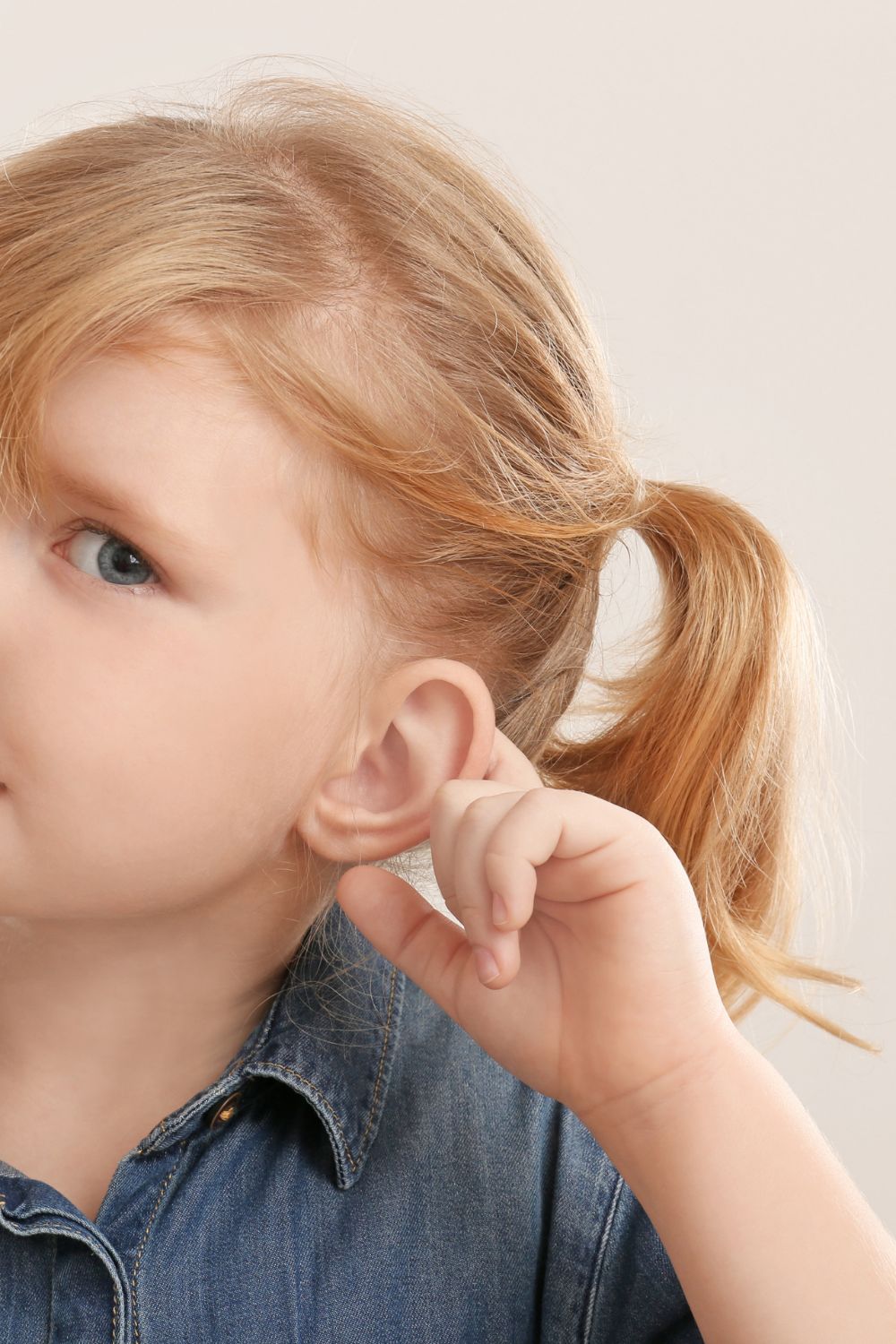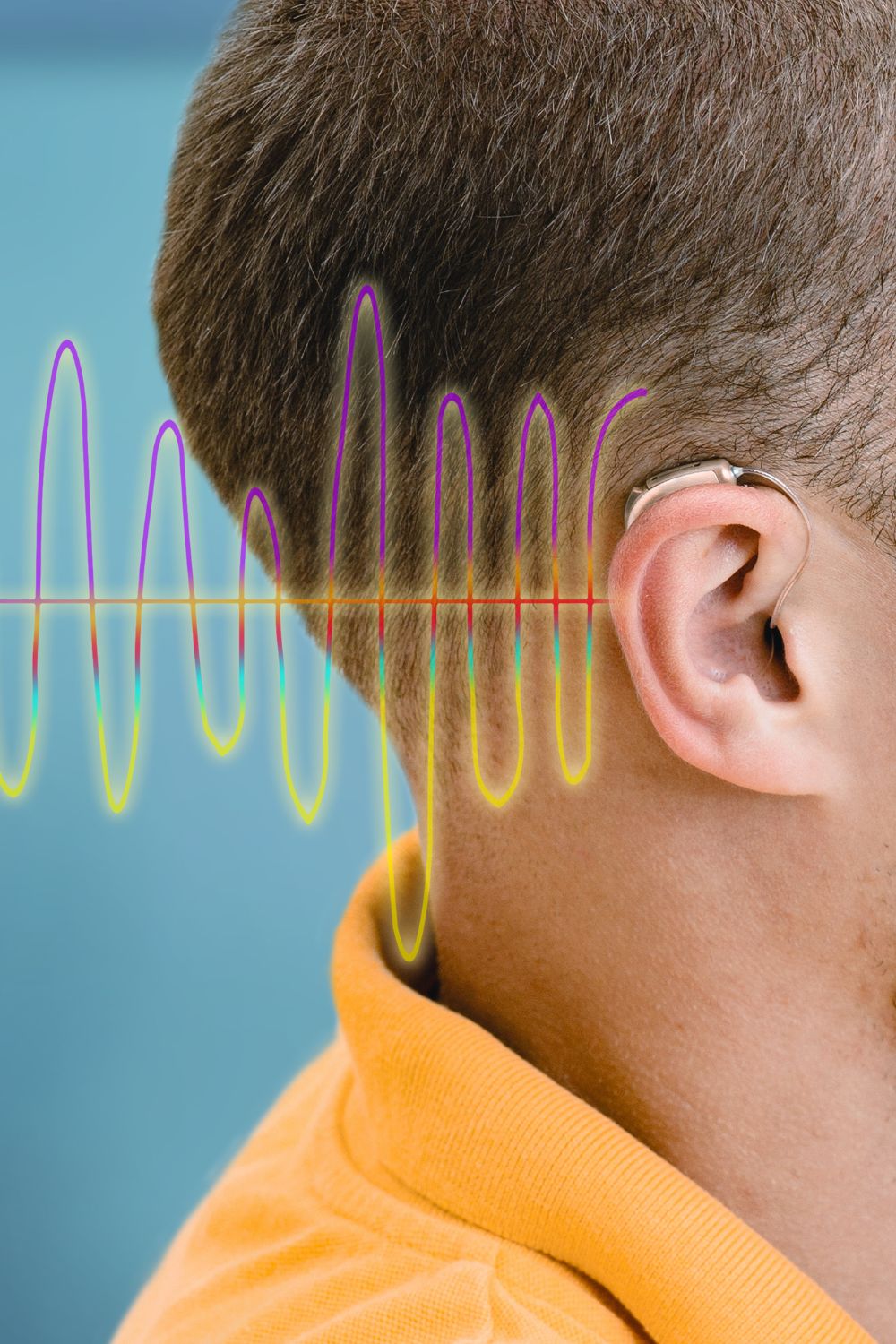A hearing loss diagnosis is never good but there are steps you can take to help you during this time. Here are Your Next Steps After a Hearing Loss Diagnosis
Your Next Steps After a Hearing Loss Diagnosis
Receiving a diagnosis of hearing loss can be a shock. It can also be helpful, especially if you feel like something has been amiss for a while. But there is definitely a period of adjustment when you first hear about your hearing loss. And yet, it’s something many of us will go through, including people both young and old. Knowing what to do next isn’t always easy, but there are a few steps you can take to start adjusting to this new piece of knowledge about yourself. After you have received your hearing loss diagnosis, here are some of the things you can do next.
Find Some Support
Any medical diagnosis can cause a lot of different feelings. You might be happy to have a diagnosis, or you might be upset about having to deal with this change. One of the best things you can do is make sure you have the right support. There are some great hearing loss support groups, where you can meet others who have hearing loss and have a chance to talk about how you’re feeling. As you adjust to living with hearing loss, it’s helpful to know you’re not alone and have the chance to share your experiences with people who understand.
Choose Your Hearing Aids
After your diagnosis, one of the things your audiologist will talk to you about is the possibility of hearing aids. Hearing aids can help many people by amplifying sound for them and allowing them to hear better. They won’t cure your hearing loss or restore your hearing, but they do allow you to cope with hearing loss. There are various different types of hearing aids suitable for different levels of hearing loss and plenty of features you can choose from to make sure your hearing aids work for you.
Before you pick a hearing aid, it’s a good idea to check out reviews for different affordable options made to help with tinnitus. Reviews on affordable hearing aids for tinnitus provide insights into how well these devices work for others who face similar challenges, highlighting features that can help alleviate the effects of tinnitus. People with hearing loss and persistent ringing or buzzing associated with this condition may find this particularly helpful. Engaging in a conversation with your audiologist about these options can provide valuable insights, guiding you towards a suitable solution that not only addresses tinnitus but also enhances your overall hearing experience. Hearing aid reviews and professional advice create a well-rounded perspective, helping you make a more informed decision based on real-world experiences and expert guidance.
Talk to Your Loved Ones
As well as talking about your hearing loss with other people experiencing the same thing, it’s important to discuss it with friends and family too. Firstly, this helps them to understand what you’re going through and what they can do to help. It also gives you a chance to discuss your feelings and receive support from them. You might tell them what your diagnosis means to you, what might be changing in your life, and what steps they can take to make things easier for you. Keeping an open dialogue can improve understanding between you.
Continue Living Your Life
Hearing loss definitely doesn’t have to stop you from living your life the way you want to. You might need to change how you do some things a little, but there are a few things that you won’t be able to do at all. You can still work, drive, travel, socialize, and much more. When you first get hearing aids, it can take a little time to adjust to them. But once you’re used to them, they can improve your quality of life a lot.
It can take time to adjust to living with hearing loss, but it can still become your new normal.


Leave A Reply!